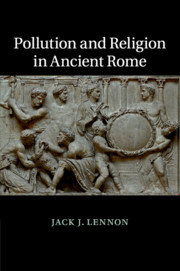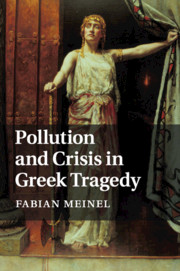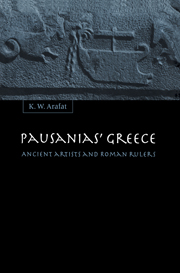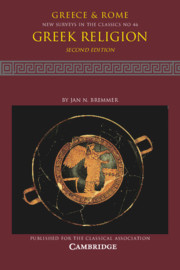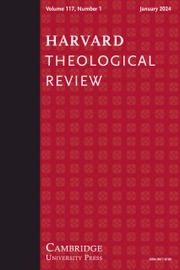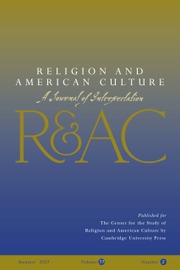Pollution and Religion in Ancient Rome
Pollution could come from any number of sources in the Roman world. Bodily functions, sexual activity, bloodshed, death - any of these could cause disaster if brought into contact with religion. Its presence could invalidate sacrifices, taint religious officials, and threaten to bring down the anger of the gods upon the city. Orators could use pollution as a means of denigrating opponents and obstructing religious procedures, and writers could emphasise the 'otherness' of barbarians by drawing attention to their different ideas about what was or was not 'dirty'. Yet despite all this, religious pollution remained a vague concept within the Latin language, and what constituted pollution could change depending on the context in which it appeared. Calling upon a range of research disciplines, this book highlights the significant role that pollution played across Roman religion, and the role it played in the construction of religious identity.
- Discusses a largely unexplored aspect of Roman religion
- Incorporates up-to-date works from other relevant disciplines, including anthropology, Greek religion and biblical studies
- Accessible key primary source materials, which are provided in translation
Product details
November 2020Paperback
9781108958318
239 pages
230 × 160 × 15 mm
0.36kg
Not yet published - available from
Table of Contents
- Introduction
- 1. Defining pollution
- 2. Birth, sex and bodily margins
- 3. Blood
- 4. Death and remembrance
- 5. Pollution and rhetoric
- Conclusion.

